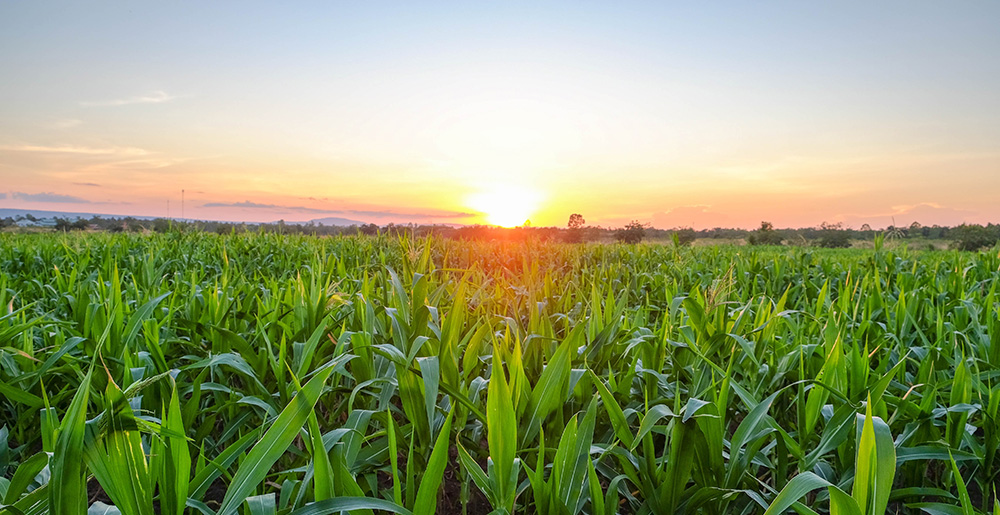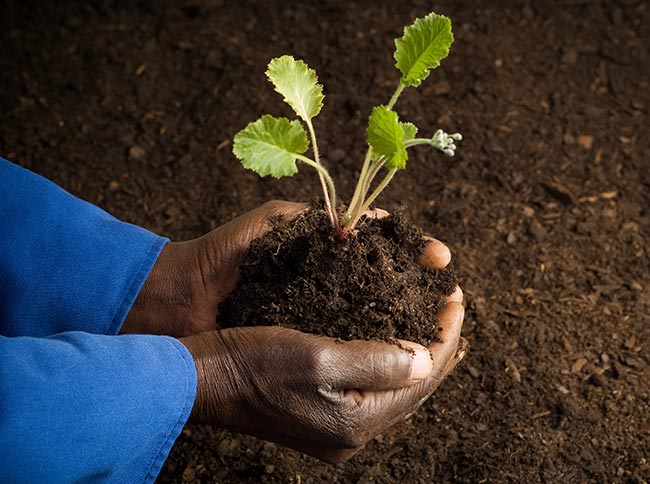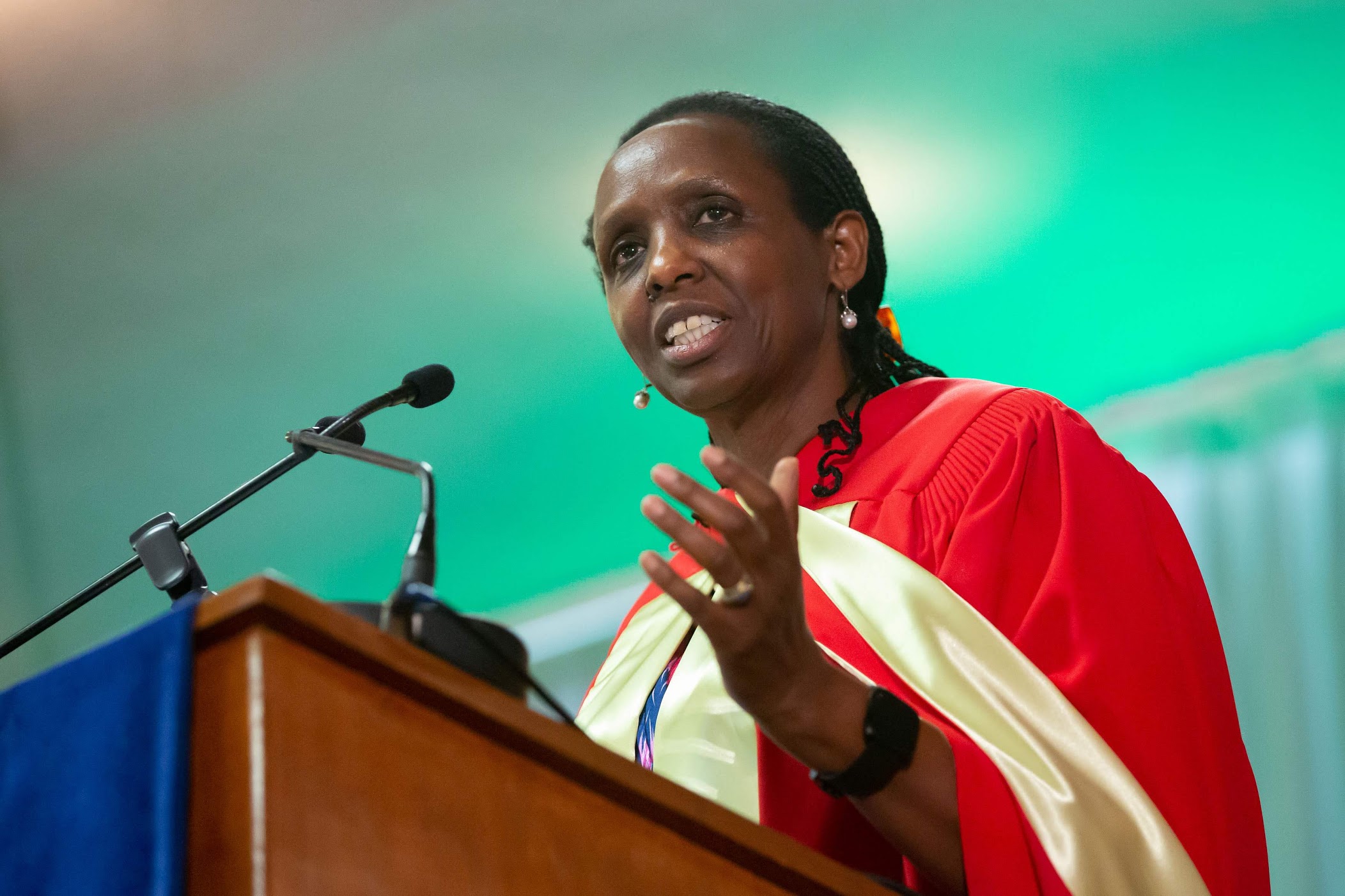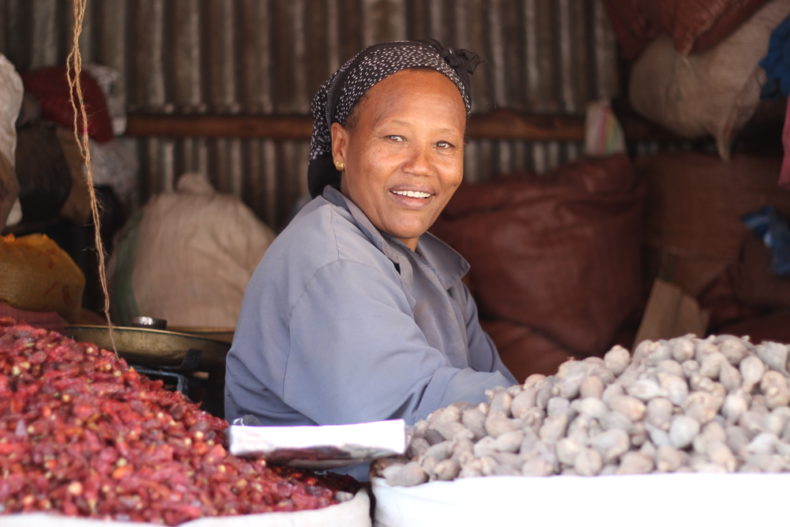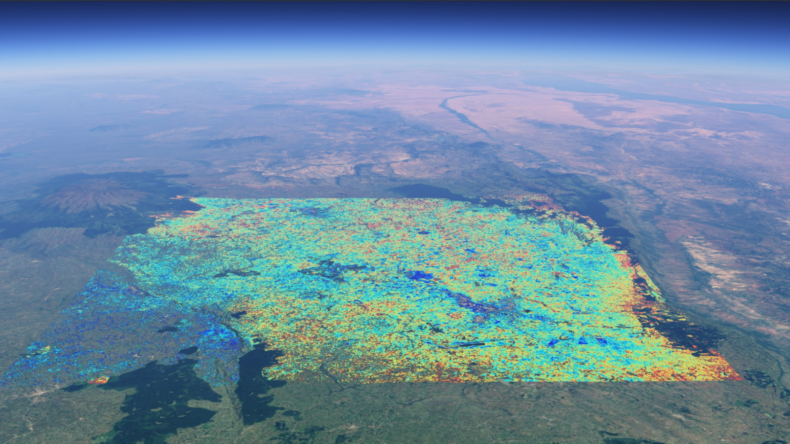When Margaret Wangui, 23, attended one of the field days called by one of the Youth VBAs in Nachu Ward, Kikuyu sub-County, it was only because business was slow – no one had called her that day to wash clothes, the business she had engaged in for the last 3 years.
She was sure she would not even attempt to get into farming. A year earlier, her family had just been through yet another bad harvest, as had many families in the dry zones of Nachu and Karai in the sub-county.
According to rainfall data, most areas in the sub county received 225mm of rainfall against expected minimum of 750mm-1000mm in the long-rains season, and crops like maize had dried up before they matured. About 10,000 residents in the two wards were forced to rely on food rations from the national and Kiambu county governments.
In Kikuyu sub-county, over ninety percent of farmers are into small-scale farming with most of them having less than 2.5 acres of land on which they derived their livelihood. Any prolonged dry season impacts negatively on many people.
As expected, many young people in the area have kept off farms, many opting to travel to the capital city of Nairobi and try their luck at petty trade, while others find themselves abusing cheap alcohol or in crime.
“Every week, I used to get at least two families looking for someone to do their laundry, and this is how would take care of my daughter,” says Margaret, recalling the tough times before she got convinced to plant some maize at her half-acre plot.
She says she had heard from friends about the work being done in Karai by Caroline Mugo, the youth Village-based Advisor (VBA) she had only known as the coordinator of a local youth group, the Karai Pamoja Group.
After attending the field day, she approached Caroline and told her she was willing to try the KH500-49A variety, adding that she would never forgive Caroline if her labor ended up being wasted by poor harvest. She bought 2kg of the variety for her father to try on his farm, eager to see the results, but not confident enough to try it on her own plot of land.
Using the advice from Caroline on how to sow one seed in a planting hole, and to use fertilizer and manure, Margaret’s father harvested 4 bags of maize from the plot he had used the KH500-49A variety but harvested only 1 bag from the rest of his farm where he had used the conventional late-maturing variety.
Today, Margaret is no longer going from house to house washing people’s clothes. Instead, she is takes green maize grown on her own farm, purchases more from neighbouring farmers and transports it to the market in Githurai, a busy open-air market near Nairobi.
“Things have changed for me, thanks to Caroline. I believe that in a few years’ time I will have afford to work with many farmers here and even buy a pick-up van to reach many more markets,” she says.


